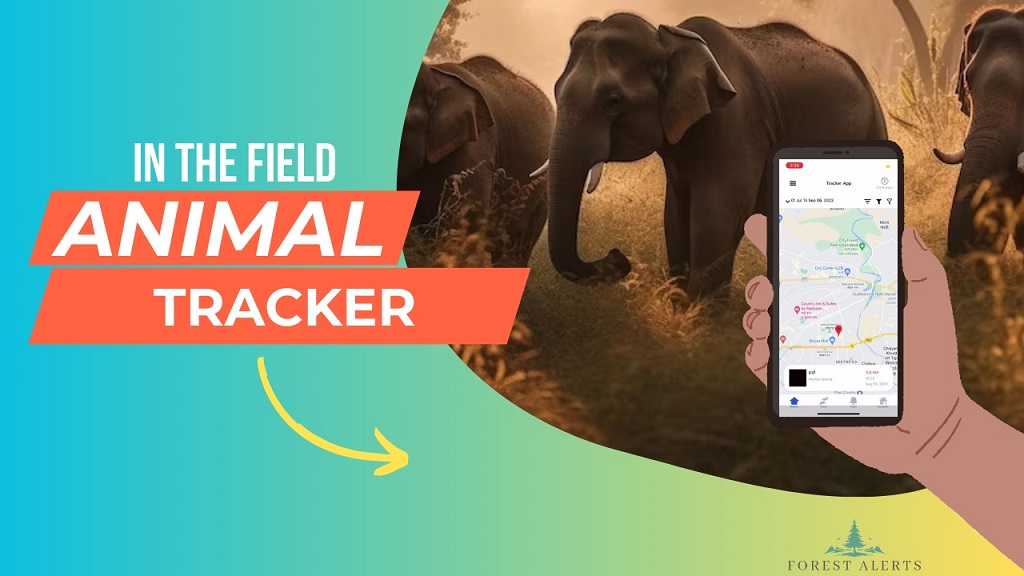Empowering Conservation: Manual Elephant Tracking and ODK Integration for Effective Monitoring
In the heart of elephant conservation efforts, a novel approach combining manual foot patrolling and innovative data management through ODK (Open Data Kit) has emerged. This method not only respects the elephants’ natural habitats but also leverages community involvement in tracking their movements. This article explores the integration of manual foot patrolling, ODK, and Elephant Tracking Groups to create a robust and ethical system for monitoring elephant populations.
Manual Foot Patrolling:
Traditional tracking methods, such as manual foot patrolling, form the foundation of this approach. Trained teams of wildlife enthusiasts, conservationists, and local community members venture into the wilderness equipped with knowledge about elephant behavior and tracking skills. This on-the-ground approach ensures minimal disturbance to the elephants and their habitats.
ODK for Data Collection:
Open Data Kit (ODK) provides a user-friendly platform for data collection and management. Patrolling teams can use ODK-compatible devices, such as smartphones or tablets, to input various data points related to elephant sightings, behavior, and environmental conditions. ODK’s offline functionality is crucial in remote areas where internet connectivity may be limited.
Integration with GPS Coordinates:
As the manual foot patrolling teams track elephants, GPS coordinates of sightings and key locations are recorded using ODK. This data integration adds a spatial dimension to the information collected, allowing for precise mapping of elephant movements over time.
Real-time Reporting and Alerts:
ODK enables real-time reporting of elephant sightings and incidents. The data collected by foot patrolling teams is transmitted to a central database, allowing conservationists and researchers to monitor the situation in real-time. Automated alerts can be set up to notify relevant authorities in the event of potential threats or unusual elephant behavior.
Community Engagement through Elephant Tracking Groups:
Local communities play a pivotal role in the success of this approach. Establishing Elephant Tracking Groups within communities encourages collaboration and shared responsibility for elephant conservation. These groups act as liaisons between patrolling teams and conservation organizations, fostering a sense of ownership and pride in protecting their natural heritage.
Data Analysis for Conservation Insights:
The collected data, enriched with GPS coordinates, provides a treasure trove of information for conservationists. Analyzing this data can reveal migration patterns, feeding habits, and potential human-elephant conflict zones. These insights contribute to the development of targeted conservation strategies and the creation of elephant-friendly zones.
Ethical Considerations:
This approach emphasizes the importance of ethical conservation practices. By involving local communities and utilizing non-invasive tracking methods, the system respects the elephants’ natural behavior and promotes a harmonious coexistence between humans and wildlife.
Conclusion:
The integration of manual foot patrolling, ODK, and community-driven Elephant Tracking Groups represents a holistic and ethical approach to elephant tracking. This innovative method not only provides valuable data for conservation efforts but also fosters a sense of shared responsibility among local communities. By leveraging technology and community engagement, we can pave the way for a sustainable future where humans and elephants coexist in harmony.
Download Elephant Tracking App from Play Store
